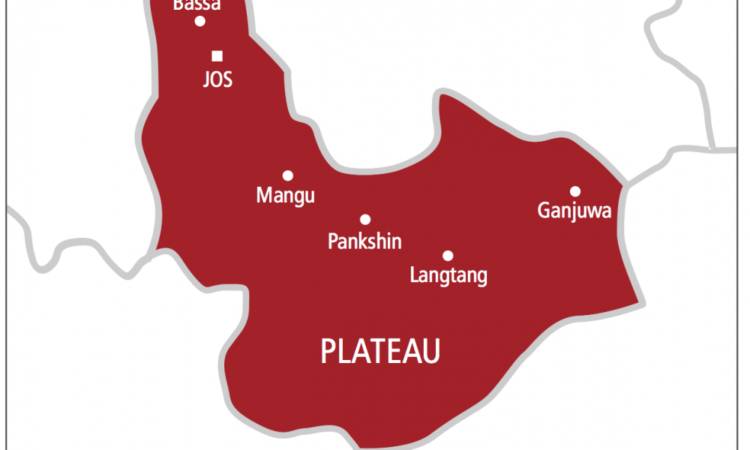The claim by the Federal Government that it has ‘cash-transferred’ about N330 billion to poor households across the country is, in principle, not a bad idea. The idea to support, in cash and kind, the vulnerable members of society in exceptionally difficult times is a global practice of civilised countries. Nigeria should not be an exception to a good thing. Besides, this measure is recognised in fulfilment of one of the campaign promises of President Bola Ahmed Tinubu in his 880-page ‘Renewed Hope 2023’ document. Three pages are devoted to articulating ‘social programmes’ to make Nigeria under a President Tinubu ‘a more compassionate society’.
In sum, the administration would expand the poverty alleviating National Social Investment Programme (N-SIP) inherited from former President Muhammadu Buhari to, among other measures, ‘provide conditional income support to very poor households, …unconditional income support to elderly, extremely poor, and disabled persons’… and create new job opportunities for young Nigerians from poor and under-privileged backgrounds’. So far, according to Mr Wale Edun, Minister of Finance and Coordinating Minister of the Economy, 8.5 million of 15 million targeted households have received at least one of three proposed disbursements of N25,000 each.
While a national social safety net for the poor to cushion the impact of rising cost of living is welcomed, the transparency and the judiciousness of the exercise are, from experience, cause for concern, and this must be firmly kept in view as the government implements the programme. Beyond the general – and justifiable – distrust of government by the governed, there are good specific reasons for this.
Under the Buhari government, the weirdly-named Ministry of Humanitarian Affairs, Disaster Management, and Social Development allegedly ran the operations with taints of money laundering and other acts of corruption. In 2020, the Independent Corrupt Practices Commission (ICPC) reportedly discovered N2.67 billion earmarked for the School Feeding Programme lodged in private accounts. Yet it was claimed that the money was spent even when children were not in school. In 2023, the Economic and Financial Crimes Commission (EFCC) was reported to have uncovered over N37 billion of the ministry fund laundered in 38 bank accounts owned by a ‘contractor’.
Indeed, theft and injudicious application of funds have plagued the multi-pronged National Social Investment Programme since its inception. Two successive presiding officials have had to be relieved of their positions for less than honourable conduct that contravened the extant Financial Regulations Act. In a classic example of justice delayed is justice denied, their cases are yet to be conclusively decided.
The point to quickly make here is that even a well-intentioned government policy can be compromised by ill-intentioned executors. This is one reason Nigerians hardly take government policy pronouncements seriously or completely trust the people in charge. The governed feel deceived too many times. Alas, a variety of ills threaten the survival of society if, as a consequence of an integrity deficit, the managers of public affairs are distrusted to the point of contempt by the citizens.
A huge sum of N330 billion is said to have been distributed as intended. Nigerians would want–and deserve - to know who got what of this public fund. Funmi Olotu of the National Social Safety Net Coordinating Office (NASSCO) was reported to have assured Nigerians that the disbursement is done through the beneficiaries’ National Identification Number (NIN) in order to ensure transparency and to avoid political interference. But electronic transfer instead of distribution by hand was the very idea that, as far back as 2020, the Socio-Economic Rights and Accountability Project (SERAP) had advised should be done because it would be more cost-effective and verifiable.
Beyond good intentions, though, this ‘transparency’ should be verifiable, not the least by the press that has a constitutionally-imposed obligation to ‘uphold the responsibility and accountability of the government to the people’. Besides, the extant Freedom of Information Act, 2011, upholds the right of citizens to access or request information on public matters.
In June 2020, SERAP filed a lawsuit in an Abuja Federal High Court demanding that the Federal Government and the Central Bank of Nigeria (CBN) ‘publicly identify and name Nigerians who have so far benefitted from any cash payments, cash transfer, food distribution, and other reliefs and palliatives during the COVID-19 lockdown’. Both respondents were also to publish details of public and private sector donations received and disbursed. Again, in August 2021, SERAP approached the Federal High Court in Lagos to compel the Federal Government to make public the details of the N729 billion said to have been paid to 24.3 million Nigerians under the N-SIP and by what mode of payment.
, the Minister in charge of Humanitarian Affairs and Poverty Reduction has pleaded for an increase in its budget, with the result that N600.76 billion has been allocated to it in the 2025 federal budget. In view of the rising impoverishment of Nigerians, this amount may be justifiably inadequate for the ministry to fulfil its mandate. Nigerians will need to know how prudent and purpose-focused the ministry is in applying what it gets.
To be continued tomorrow.






